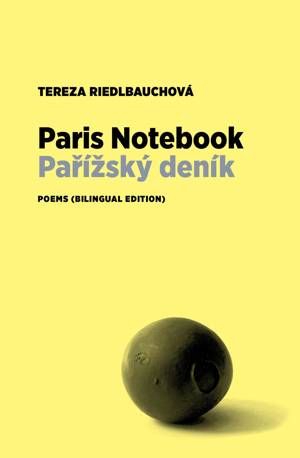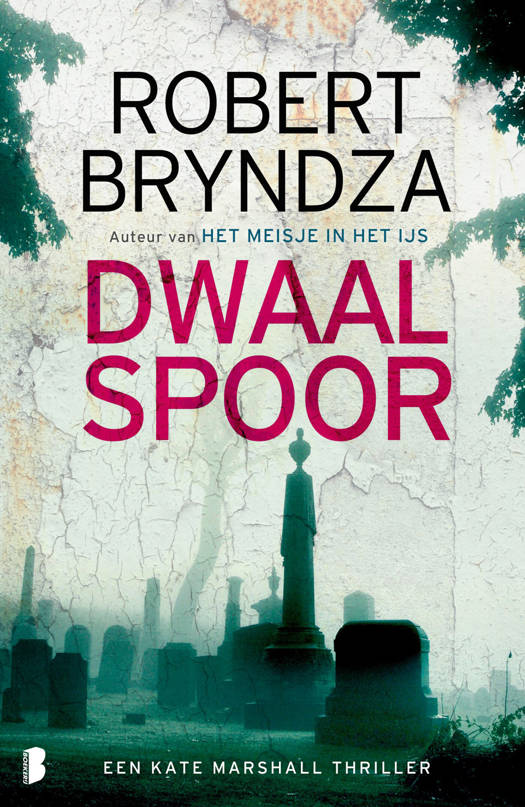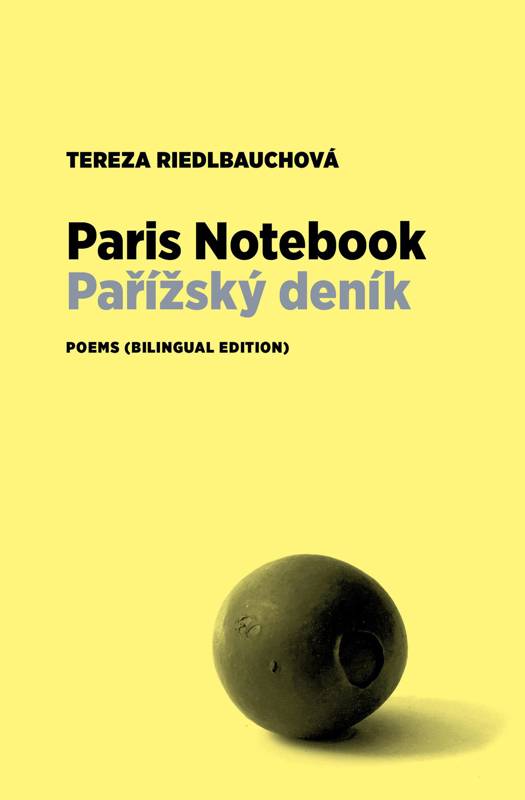
- Afhalen na 1 uur in een winkel met voorraad
- Gratis thuislevering in België vanaf € 30
- Ruim aanbod met 7 miljoen producten
- Afhalen na 1 uur in een winkel met voorraad
- Gratis thuislevering in België vanaf € 30
- Ruim aanbod met 7 miljoen producten
Omschrijving
Tereza Riedlbauchová's passionate poems explore the thresholds of bodies and the boundaries between the physical world and the imagination. The desire to cross these borders and to merge with another being animates every page of Paris Notebook; these deceptively spontaneous poems evoke moments of physical and emotional intercourse while seamlessly shifting perspective and setting. Grounded in the great cities of Europe, yet universal in their emotional scope, the poems that make up Paris Notebook are central to the work of one of the Czech Republic's major contemporary poets.
"Paris Notebook showcases a dreamy lyricism that nods now and then to the deep dark macabre: "I stood on the threshold / below me lay a dead woman / in the shape of the day before." Her poems are sensual, too, and open to the body and its beauties and horrors. Part of her lover's body "bridges all the rivers and / halts at the midpoint of all the seas." . . . There are whispers of exuberant despair — "from now on nothing matters to me" — and haunting moments of truth — "autumn like a swallowing flower."—Nina MacLaughlin, Boston Globe
"A poem is, among other things, something that causes enchantment. in Paris Notebook, enchantment is an irrefutable principle by which images detach themselves from prosaic reality and move into the world of myths, prophecies, and fables. These poems reflect a sincere and spontaneous desire to go into the depths of one's body without being afraid of the animals and archetypes that reside there; to face one's own anxieties, instincts, and desires; and at the same time not to abandon lightness, playfulness, and enchantment."—Alena Meas
"Paris Notebook is not really about Paris, but about a new search for security, peace, and love."—Ondřej Macura
Specificaties
Betrokkenen
- Auteur(s):
- Uitgeverij:
Inhoud
- Taal:
- Engels
Eigenschappen
- Productcode (EAN):
- 9781393704867
- Verschijningsdatum:
- 15/11/2020
- Uitvoering:
- E-book
- Formaat:
- ePub

Alleen bij Standaard Boekhandel
Beoordelingen
We publiceren alleen reviews die voldoen aan de voorwaarden voor reviews. Bekijk onze voorwaarden voor reviews.













